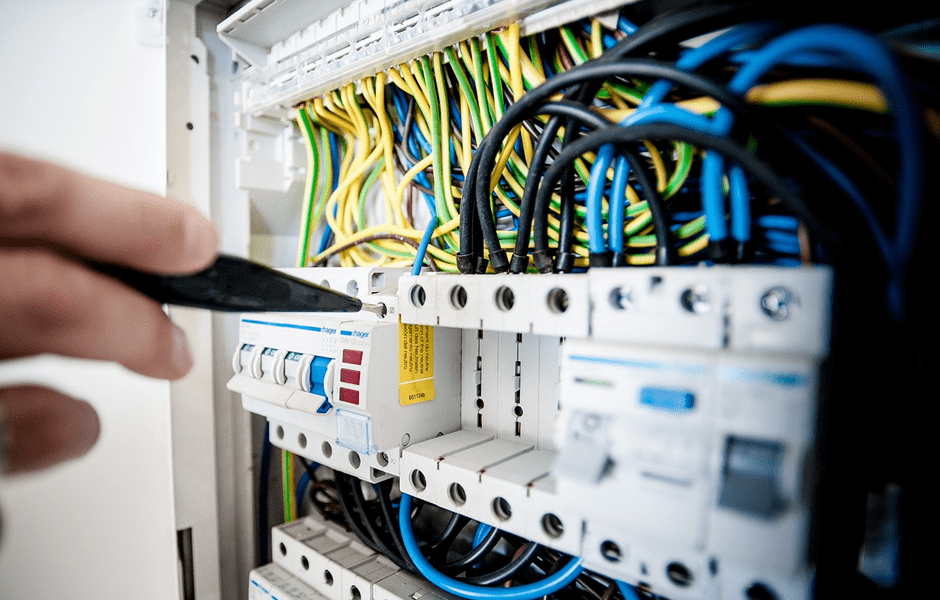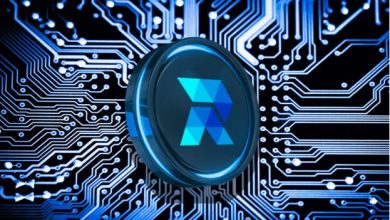What Is Industrial Electricity

Industrial electricity is the backbone of modern industry. It powers the massive machines and complex processes that keep the world running. Unlike the electrical systems found in homes and businesses, industrial electrical systems are designed to handle the high demands of heavy machinery and continuous operation. Therefore, the work of an industrial electrician is more complex than that of a residential electrician. Read on to learn more about industrial electrical.
What Is an Industrial Electrical System?
Industrial electrical systems are a complex network of interconnected components that deliver and control electrical power in an industrial setting. In essence, an industrial electrical system fulfills two main functions:
1. Power distribution
These systems deliver electricity from the utility company to the industrial facility at appropriate voltage levels. This involves stepping down the high voltage incoming electricity to usable levels for various equipment through transformers. Switchgear, including circuit breakers and fuses, protects these systems from overloads and short circuits.
2. Power utilization
This involves converting electrical energy into mechanical force to run machinery and precisely controlling this power for optimal efficiency. This is achieved through electric motors, variable frequency drives and sophisticated control systems.
What Is Industrial Electrical Work?
Industrial electrical work involves installing, maintaining and repairing industrial electrical systems. It’s essentially the hands-on side of the industrial electrical world, ensuring these systems function smoothly and safely. According to the experienced electrical contractors at Winward, industrial electrical services should be left to trained industrial electricians and not just any electrician. Here’s a breakdown of what they do:
Installation
Industrial electrical contractors are crucial in setting up new electrical systems during facility construction or expansion. This usually includes installing transformers, switchgear, control panels and wiring for various equipment.
Maintenance
Just like any complex system, industrial electrical systems require regular maintenance to prevent problems and ensure optimal performance. Industrial electricians perform preventive maintenance tasks like cleaning, inspecting and lubricating electrical components to identify and address potential issues before they escalate. Industrial electrical maintenance schedules vary for different industries and equipment conditions.
Repair
When electrical problems inevitably arise, industrial electricians troubleshoot the issue, diagnose the fault and make repairs to get the system back up and running as quickly as possible. This requires a strong understanding of electrical systems, problem-solving skills and the ability to work efficiently under pressure to minimize the facility’s downtime. For this reason, you need to hire the most experienced electrical contractors.
Safety
Industrial electrical work can be hazardous due to the high voltages and powerful equipment. Therefore, industrial electricians must prioritize safety by adhering to strict safety protocols, using proper personal protective equipment (PPE) and following industry standards and regulations.
Are Industrial Electricians the Same as Other Electricians?
No. Although all electricians work with electrical systems, their areas of expertise differ significantly. Let’s take the case of industrial versus residential electricians. Here’s why they’re not exactly the same:
Work environment
Industrial electricians work in industrial settings like factories, power plants and refineries. These environments can be demanding, with exposure to loud noises, heavy machinery and potential hazards like dust or chemicals. Residential and commercial electricians typically work in homes, offices and retail spaces, facing a less strenuous environment.
Electrical systems
Industrial electrical systems are far more complex than those found in homes or businesses. Industrial electricians deal with high voltage, heavy machinery loads and sophisticated control systems. They need a deep understanding of industrial automation and integration to handle these specialized systems. Residential and commercial electricians focus on lower-voltage systems, lighting installations and standard electrical repairs.
Skillset
Industrial electrical work requires a specialized skill set. Industrial electricians possess knowledge of motor control, power distribution systems and industrial safety protocols. They often have additional certifications for working in high-voltage or hazardous environments. Residential and commercial electricians focus on wiring techniques, circuit troubleshooting and building code compliance.
Conclusion
As you can see, industrial electrical work differs from other types of electrical work and requires additional skills. Therefore, your best bet for getting it done is to hire experienced industrial electrical contractors.





